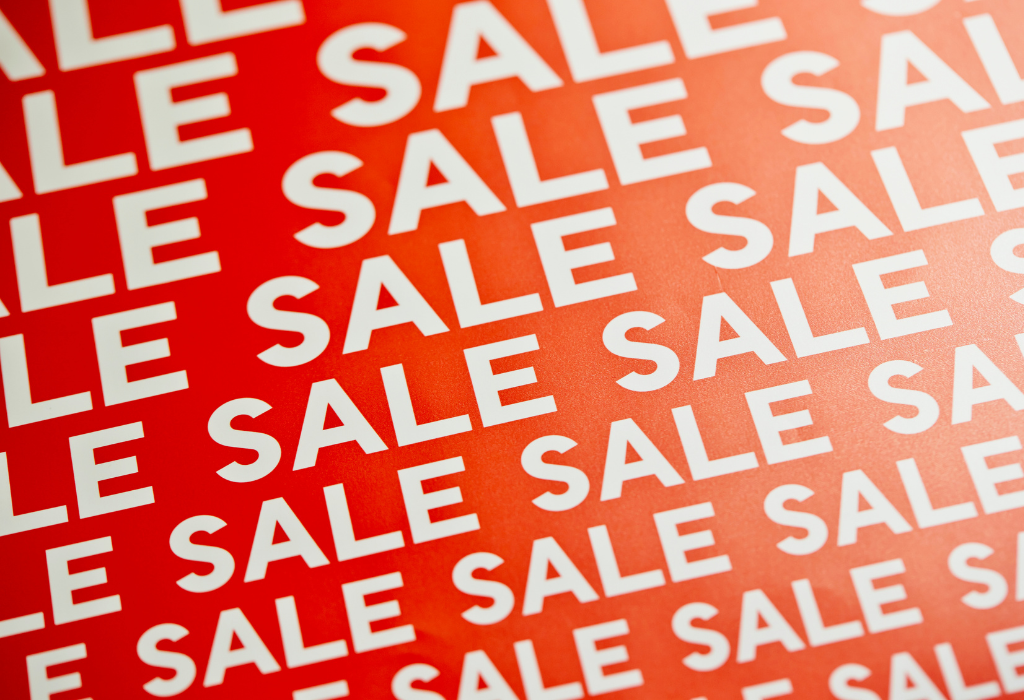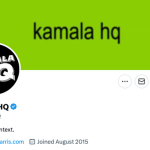By The Malketeer
What Your Brand Can Learn From 11.11’s Unstoppable Success
In the high-stakes world of retail marketing, few dates command as much attention as November 11.
What started as Singles’ Day in China has morphed into a global shopping phenomenon that makes Black Friday look like a casual afternoon at the mall.
With consumers worldwide expected to spend billions in this 24-hour shopping frenzy, it’s time to decode the psychology and strategy behind 11.11’s unstoppable success.
The Power of Numeric Marketing: When Numbers Make Cash Registers Ring
The date itself—11.11—is a masterclass in marketing symbolism.
Four ones standing together create a visually striking pattern that’s both memorable and meaningful.
In China, the number one represents independence and self-reliance, which aligned perfectly with the holiday’s original celebration of singlehood.
But there’s more to it than cultural significance.
“The human brain loves patterns,” explains Dr. Vikram Gopal Chand, a consumer psychology researcher.
“When we see repeating numbers like 11.11, it creates a sense of significance and urgency that triggers our decision-making processes.”
From Cultural Quirk to Commercial Juggernaut
What began in 1993 as an anti-Valentine’s Day celebration at Nanjing University has become a global retail extravaganza.
Alibaba’s Jack Ma saw the potential in 2009, transforming a quirky holiday into a shopping event that would make history.
Last year alone, Alibaba and JD.com reported combined sales exceeding US$139 billion during the 11.11 festival.
The FOMO Factory: How Scarcity Drives Sales
The genius of 11.11 lies in its limited-time nature.
Like a retail solar eclipse, it happens just once a year, creating an urgency that marketers dream about.
Flash sales, countdown timers, and limited-quantity deals trigger what psychologists call “anticipatory regret”—the fear of missing out on something valuable.
Beyond Borders: The Global Gold Rush
Western brands and retailers have caught on, adapting the concept for their markets.
From Southeast Asia to South America, 11.11 has become a template for successful promotional campaigns.
Amazon, while not officially participating in Singles’ Day, has strategically positioned its own sales events around this period.
The Digital Advantage: Why 11.11 Works Better Online
The event’s success is intrinsically linked to e-commerce platforms’ ability to:
- Handle massive transaction volumes
- Create immersive shopping experiences
- Deploy AI for personalised recommendations
- Generate real-time engagement metrics
Lessons for Marketers: The 11.11 Playbook
- Time-Boxing Works: Creating a clear start and end time drives urgency
- Social Proof Matters: Showing live sales numbers and customer activity builds momentum
- Gamification Engages: Interactive elements keep shoppers involved longer
- Cross-Border Appeal: Cultural shopping events can transcend their origins
- Digital Infrastructure: Success depends on robust technical capabilities
The Future of Mega-Sales Events
As we look ahead, 11.11 continues to evolve.
Sustainability concerns and changing consumer behaviours are pushing brands to balance flash sales with responsible consumption.
Smart marketers are already incorporating:
- Virtual try-ons using AR
- Live-streaming shopping experiences
- Green shipping options
- Social shopping features
The 11.11 phenomenon demonstrates that with the right combination of timing, technology, and psychology, a simple date on the calendar can become a global retail movement.
As the event continues to evolve, successful brands will be those that can balance the urgency of the sale with authentic customer connections.
For marketers worldwide, November 11 is more than just another promotional opportunity—it’s a masterclass in modern retail psychology and digital execution.
The question isn’t whether to participate in 11.11, but how to stand out in an increasingly crowded space where every brand is vying for attention during these magical 24 hours.
MARKETING Magazine is not responsible for the content of external sites.










